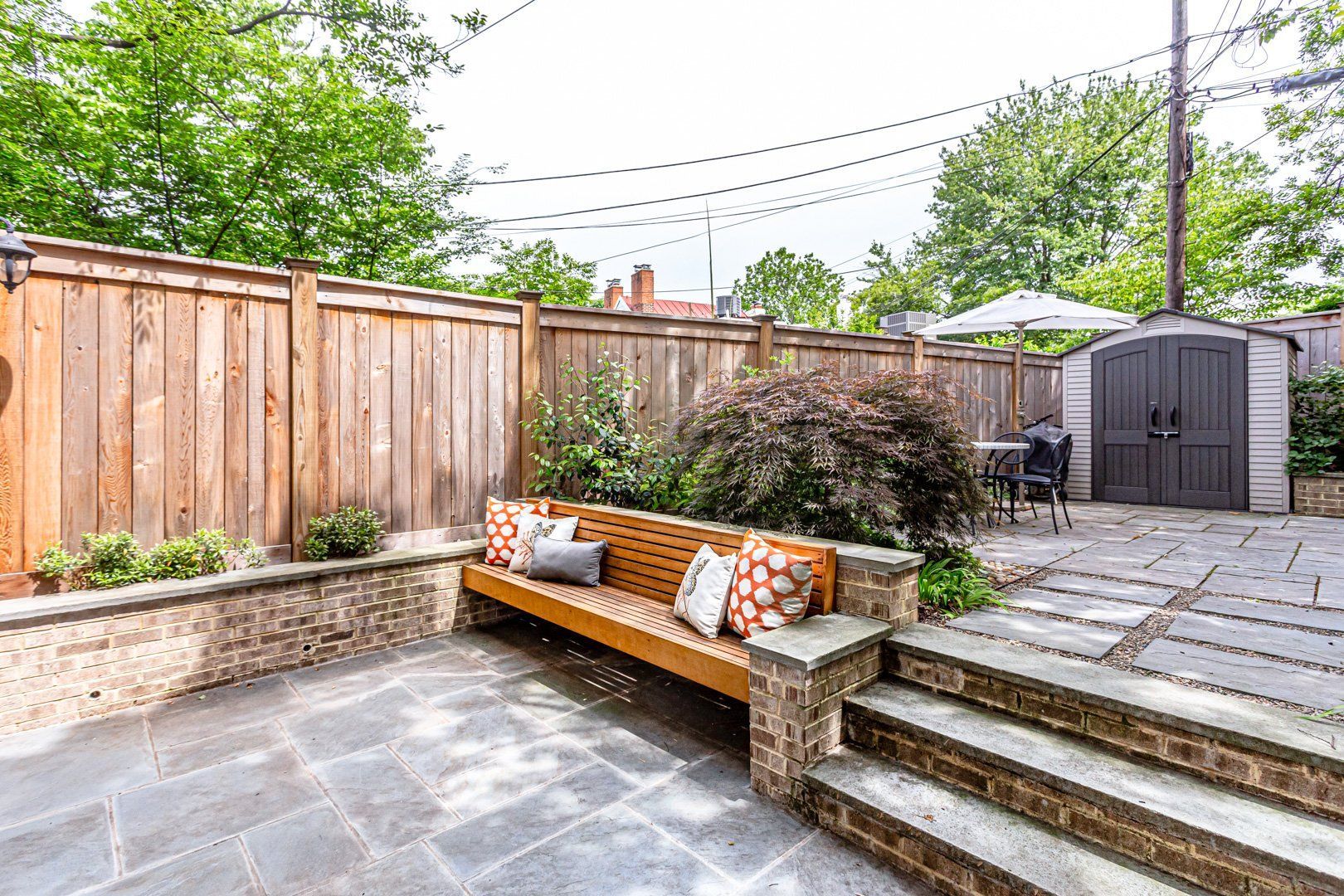Co-Op vs. Condos: Understanding the Difference Before You Buy in DC [Bonus Tips for Renting]
Nest DC
If you’re looking into buying a unit within a building, it’s not always clear exactly what type of structure you’re buying into and what the pros and cons are. You may be lured in by a low list price, only to discover that it’s part of a cooperative. What does that mean? And, is it important?
After single-family row homes and townhouses, condominiums (condos) and cooperatives (co-ops) are two popular housing types in Washington, DC, for potential buyers. While both offer attractive opportunities for homeownership, they have distinct differences that potential buyers should be aware of, especially if you are buying them as part of an investment strategy.
In this blog, we will delve into the nuances of co-ops and condos, highlighting their ownership structures, financing considerations, and community dynamics. By understanding these differences, you can make an informed decision about which option suits your lifestyle and financial goals. Education is key in home ownership, and that's what we're all about!
Continue reading to see which housing arrangement is best for renting out in Washington DC. Is it co-ops or condos?

Ownership Structure
One of the primary distinctions between co-ops and condos lies in their ownership structures. When you purchase a condominium, you are buying an individual unit within a larger building or complex. This unit belongs solely to you, and you have the freedom to sell, rent, or renovate it as you please. In contrast, a co-op involves purchasing shares in a cooperative housing corporation. Rather than owning the unit outright, you become a shareholder in the corporation, which grants you the right to occupy a specific unit.
Financing Considerations
The financing requirements for co-ops and condos also differ significantly. When buying a condo, you have the option of obtaining a traditional mortgage from a bank or a financial institution. The loan is secured against the individual unit you purchase. In contrast, co-op buyers do not own the unit directly but rather own shares in the cooperative corporation. As a result, securing financing for co-ops can be more complex. Lenders often require potential co-op buyers to undergo a thorough vetting process, including financial background checks and interviews with the cooperative board. This process ensures that all shareholders are financially stable and compatible with the cooperative's community.
Community Dynamics
Another critical aspect to consider when choosing between a co-op and a condo is the sense of community and level of control over the property. Co-ops are known for their tight-knit communities, as shareholders are often involved in the decision-making process through elected boards or committees. Co-op shareholders have a say in matters such as maintenance, repairs, and improvements within the building. In contrast, condo owners have more autonomy and control over their units. They have the freedom to make decisions about renovations and modifications without seeking permission from a board. However, it's worth noting that condos often have homeowner associations (HOAs) that enforce certain rules and regulations. Instead of every individual having a say in matters concerning the building, in a condo, there is an elected Board that all decisions must run through.
Financial Considerations
When comparing the financial aspects of co-ops and condos, there are a few key factors to keep in mind. Co-op units tend to be more affordable upfront, as the purchase price includes only the shares in the cooperative corporation. However, co-ops often have higher monthly fees that cover building maintenance, utilities, and property taxes. These fees contribute to a shared pool of funds for the cooperative's overall expenses. On the other hand, condo owners may pay lower monthly fees, as they are responsible for maintaining their individual units. However, they must also cover property taxes and other expenses separately.
In summary, choosing between a co-op and a condo in Washington, D.C. involves understanding the ownership structure, financing considerations, community dynamics, and financial aspects associated with each option. Co-ops offer a sense of community and shared decision-making but require a rigorous approval process and higher monthly fees. Condos provide more autonomy, easier financing options, and lower monthly fees but may have HOA regulations. By considering your lifestyle, financial goals, and preferences, you can determine which housing best suits your needs.
Considering opportunities beyond purchasing...
Which housing arrangement is best for renting? Co-ops or condos?
If you're purchasing a co-op or condo with the intention of renting your property, there are a few things you should consider before you buy.
Rental Process and Approval
Renting a co-op in Washington, D.C. often involves a more stringent application process than renting a condo. Co-op boards have the authority to screen potential tenants, requiring thorough financial documentation, references, and interviews. This can be a barrier when you’ve already approved a qualified tenant who is eager to move but doesn’t have time to wade through an onerous approval process and decides to move on. Additionally, because of DC’s fair housing laws, you are assuming some risk if the coop board denies a qualified applicant based on something like personality. Tread carefully. Another challenge to renting a co-op is that some co-ops have caps on the number of rentals permitted in a community and stipulations such as the length of the lease. Limiting renters to two years at a time or not permitting renting at all. These caps can also exist with condominiums, but when your unit is permitted to rent, the decision on who you allow as a tenant is entirely yours.
Monthly Costs and Fees
Co-ops tend to have lower monthly payments compared to condos, but they often have higher monthly fees. In a co-op, the monthly fee, often referred to as a "maintenance fee," covers the building's operating costs, such as property taxes, utilities, maintenance, and shared amenities. On the other hand, condos usually have lower monthly fees as they primarily cover common area maintenance and building amenities. But every building is different, and it’s your responsibility to take a close look at the financial structure, building ledger, and any assessments before making a purchase.
Flexibility and Customization
Renting a condo generally offers more flexibility and freedom when it comes to customization. Condo units are individually owned, allowing tenants to personalize their living spaces to a greater extent, subject to any rules and regulations set by the condo association. Co-ops, on the other hand, may have stricter regulations regarding modifications and alterations, as decisions are made collectively by the co-op board and its members.
Amenities and Services
Both co-ops and condos in Washington, D.C., often offer various amenities and services, such as fitness centers, swimming pools, parking facilities, and communal spaces. However, the extent and quality of these amenities can vary significantly between properties. It's essential to consider the amenities available in each co-op or condo building and determine which aligns with your lifestyle preferences.
Community and Governance
Co-ops tend to foster a stronger sense of community and promote a greater level of resident involvement compared to condos. Co-op residents often have more say in decision-making processes through participation in board meetings and voting on matters affecting the cooperative. In contrast, condo residents generally have less involvement in the governance of the building, with decisions primarily made by the condo association or management company.
Renting a co-op or a condo in Washington, D.C. presents different advantages and considerations. Co-ops offer a sense of community and encourage participation, but they require a more rigorous application process and may have stricter regulations, sometimes making it impossible to rent. Condos provide more flexibility, customization options, and a simpler rental process. When making your decision, consider your lifestyle, preferences, and financial situation to choose the option that best aligns with your needs.
For more happy home content, we suggest checking out our blog on The Future of Co-Living in DC.









